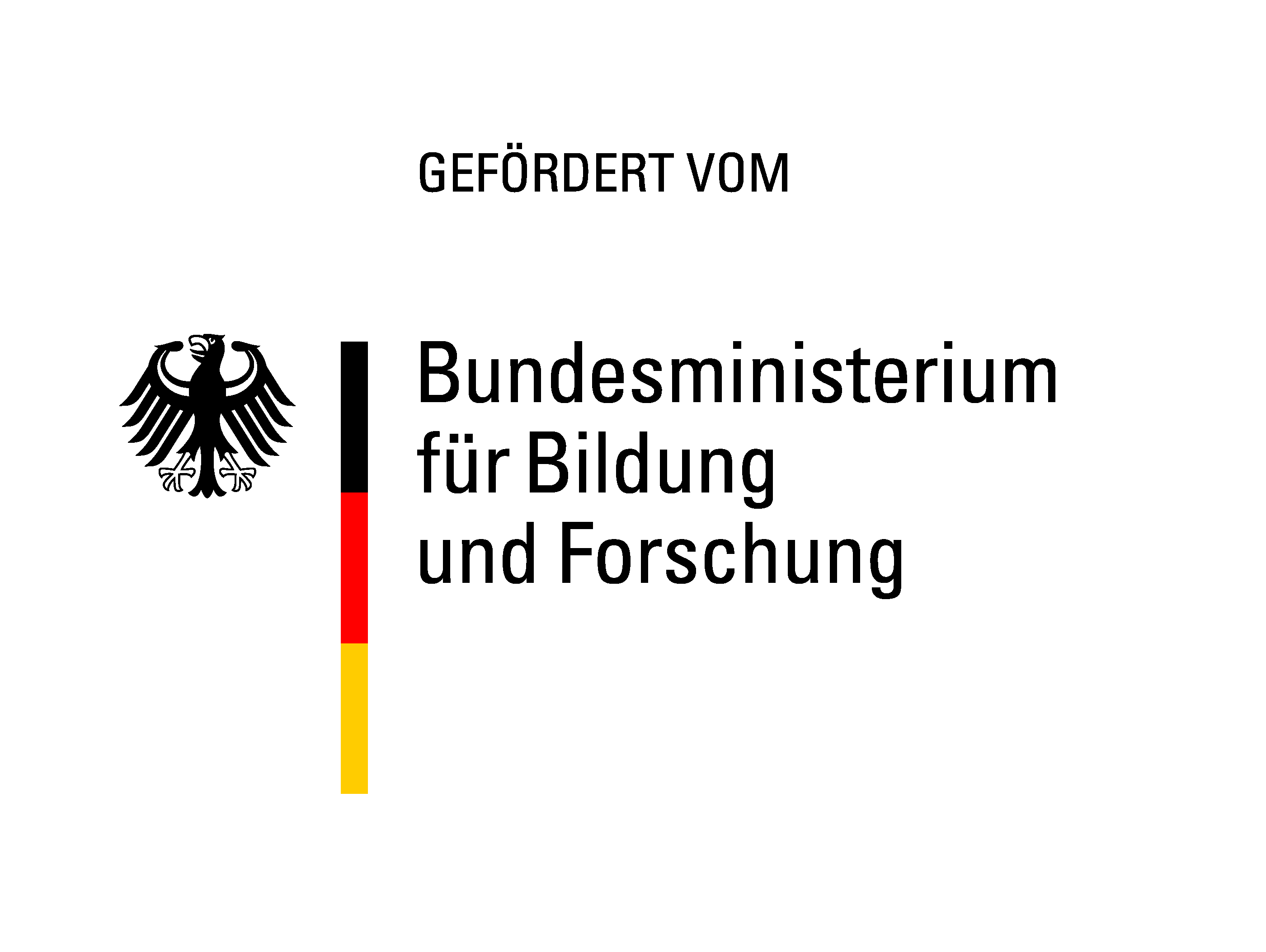Combinations of electrically conductive/non-conductive, magnetic/non-magnetic or hard/soft materials allow fascinating new component solutions for electromobility, energy storage, medical technology or sensor technology.
Design engineers demand the highest precision, small and filigrane structures or special component shapes such as cavities. The production of such components challenges the manufacturing technology.
The aim of the "MultiMat3D" project is to develop 3D screen printing as an additive manufacturing process suitable for mass production, which fulfils precisely such requirements and ensures the maximum possible multi-material capability in the production of multi-material components, allows a resolution of at least 100 µm and enables the production of complex internal structures and cavities.
In cooperation with the project partners EKRA and Koenen, Fraunhofer IFAM, which is the technology leader in the field of research and development for 3D screen printing, is working on important modifications to the plant and screen technology. In cooperation with Heraeus, new adapted screen printing pastes are also being developed that allow the production of ceramic-metal composite bodies. To ensure fast and flexible adaptation of the process parameters, Fraunhofer IWM is developing numerical tools both for describing the 3D screen printing process and for predicting sinter shrinkage.
As a reference material composite, we are concentrating on the combination of Al2O3 and silver for LTCC in the "MultiMat3D" project.
Keyword list:
3D Screen Printing, Additive Production, Additive Manufacturing, Material Combinations, Ceramic/Metal-Multimaterial Components, Numerical Simulation
Project duration: 1.10.2016 - 30.9.2019
The project is funded by the BMBF as part of the Promat3D programme.
 Fraunhofer Institute for Manufacturing Technology and Advanced Materials IFAM
Fraunhofer Institute for Manufacturing Technology and Advanced Materials IFAM






